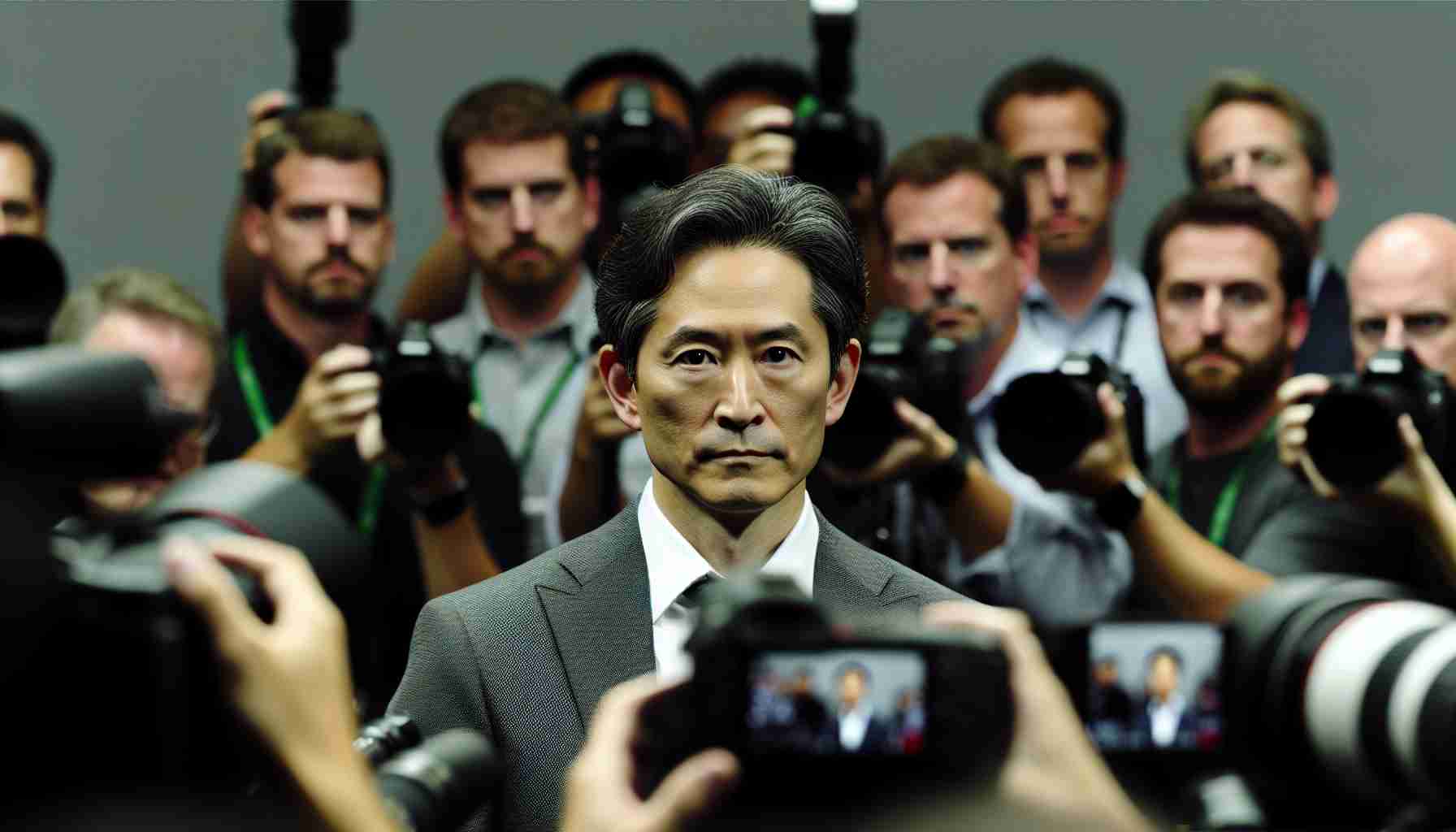In a surprising turn of events, Nvidia’s leader, Jensen Huang, has stirred up the financial world with a viewpoint that could redefine expectations for the quantum computing industry. Recently, Huang suggested that the real utility of quantum computers is likely two decades away, causing a ripple effect that led to a dramatic stock market slump.
This statement, reported by Reuters, had immediate financial consequences. Stocks of notable companies in the quantum computing sphere, including Rigetti Computing, D-Wave Quantum, Quantum Computing Inc., and IonQ, suffered steep declines of over 40%, collectively losing more than $8 billion in market value.
Huang’s timeline was not arbitrarily set. Rather, he proposed a window of 15 to 30 years for quantum computing to demonstrate its potential, pinpointing 20 years as a more probable milestone for significant advancements. This foresight resonates with certain analysts. For instance, Ivana Delevska of Spear Invest aligns with Huang, viewing this projection as a plausible parallel to the evolution of accelerated computing technology, which Nvidia itself has pioneered over a similar span.
Despite this cautionary outlook, the world of quantum computing continues to make strides. Breakthroughs include Google’s cutting-edge Willow chip, capable of solving unfathomably complex problems that would take classical computers aeons, and China’s milestone achievement of creating their most powerful quantum computer to date.
As quantum computing remains in its nascent stage, akin to the early days of classical computing, Huang’s assertions spark a debate on when the technology will reach full bloom.
Nvidia’s Bold Stance on Quantum Computing: A Glimpse into the Future
In an unexpected revelation, Nvidia’s CEO Jensen Huang has influenced the financial landscape with his prediction regarding the timeline for significant advancements in quantum computing. According to Huang, the practical benefits of quantum computers are at least two decades away, unsettling many investors and causing a notable dip in associated stocks.
Market Impact and Analyst Insights
Huang’s remarks led to a sharp decline in the stocks of key players in the quantum computing industry, such as Rigetti Computing, D-Wave Quantum, Quantum Computing Inc., and IonQ. Collectively, these companies lost over $8 billion in market value, highlighting the sensitivity of the financial markets to future technology predictions.
Ivana Delevska of Spear Invest offered a supportive view of Huang’s timeline, noting its similarity to the journey of accelerated computing innovations. Delevska suggests that the development of quantum computing parallels Nvidia’s own pioneering progress in classical accelerated computing over recent decades.
Trends and Innovations in Quantum Computing
Despite Huang’s cautious outlook, the quantum computing field is witnessing significant advancements. Google’s new Willow chip represents a breakthrough in solving complex problems, showcasing capabilities beyond the reach of classical computers. Additionally, China has successfully developed its most powerful quantum computer, indicating rapid progress in the field.
The Evolutionary Journey of Quantum Computing
Huang’s predictions invite a broader conversation about the potential timeline for quantum computing maturity. Although critics argue that quantum computing is still in its formative years, much like the early days of classical computing, ongoing research and breakthroughs indicate an exciting trajectory that could reshape various tech industries.
Future Perspectives
The anticipation for quantum computing’s potential is immense, and its long-term implications are thought-provoking. Predictions like Huang’s urge investors and technologists to adopt a more nuanced understanding of progress in this groundbreaking domain. The challenge lies not only in managing market expectations but also in fostering innovations that may redefine multiple sectors for years to come.















